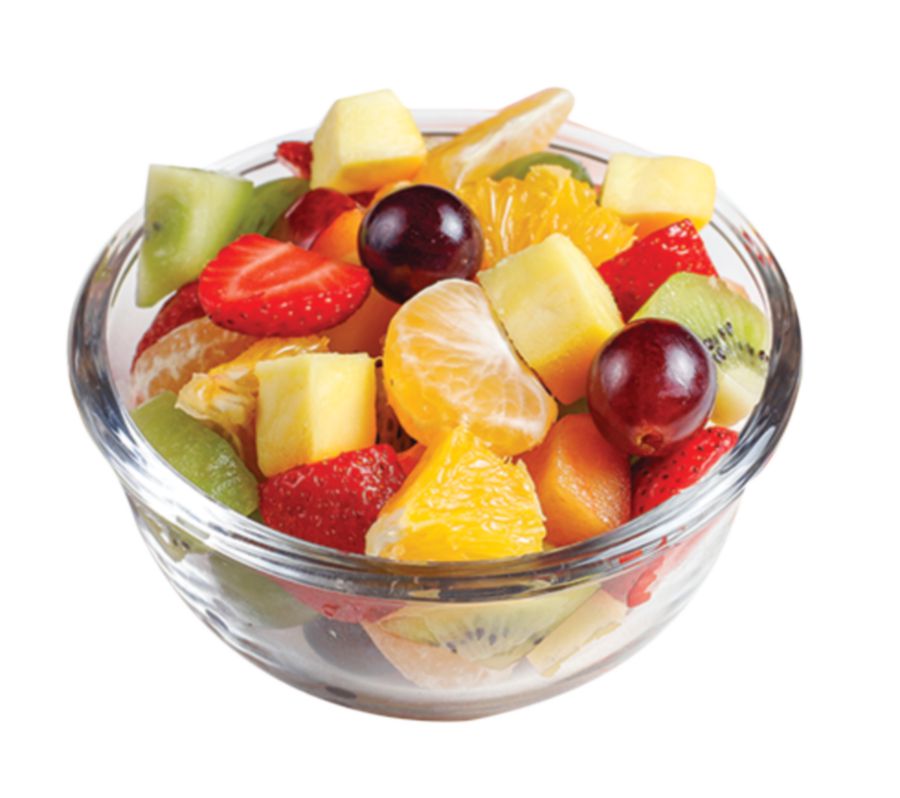CORONARY heart disease has a genetic link, so if your family members have it, it is never too early to start eating healthier.
Having high cholesterol, high triglycerides and uncontrolled high blood pressure increases the severity of heart disease.
Diet and lifestyle play a role in preventing and managing heart disease. The small changes that you make will certainly protect your heart in the long run.
Here are some things you should do:
BUY HEALTHY
Start by stocking your kitchen and fridge with healthier food. Don't buy unhealthy food that you know you can't possibly resist if they are in the house.
COOK HEALTHY
Look for new healthy recipes to try. Cooking allows you to control the amount of oil, salt and ingredients compared to what you order at a restaurant.
During the Movement Control Order (MCO) period, we all learnt to cook simple meals, so keep it up and be inspired to cook for your health.
Cook a little more so you can pack home-cooked meals to work. This saves you from having to eat out so much in the week.
Even if you work from home, having food in the fridge that you can heat up quickly will help you avoid expensive food delivery.
MAKE WISE CHOICES
Always choose dishes cooked in healthier ways. Deep-fried food inevitably has a high amount of fat.
Go for dishes that are steamed, boiled, baked, grilled or lightly stir-fried that do not use so much oil. Sauces, marinades and stock cubes contain high amounts of sodium so use dried herbs and spices to naturally flavour foods.
Watch out for added sugars in drinks. They add on calories without any substantial nutrients. The best drink to have with your meal is water.
Try soda water with a squeeze of fresh fruit or a teaspoon of cordial for a refreshing fizzy drink. This saves you at least seven teaspoons of sugar compared to a can of carbonated drink.
WATCH THE PORTION
Be mindful of the portion sizes you order at restaurants. Some of them are large enough to share. If you pack to take away, you can save the remainder for an extra meal.
Reach for a piece of fresh fruit if you feel like something sweet. Save rich, high-fat desserts for special occasions.
EAT COLOURFUL
Eat a rainbow of fruit and vegetables throughout the week. Make them the new "superstars" of your meals.
As a rule of thumb, fill half your plate with vegetables and fruit. Too much meat contributes to a high intake of fat and cholesterol in your diet.
Have some of your meals meatless. Have more plant proteins such as beans, lentils and tofu that are just as nutritious, but with less saturated fat and no cholesterol.

SNACK RIGHT
Don't let your snacks unravel your good eating habits. Nibble on wholesome choices such as nuts, seeds, fruit and whole grains.
Snacks are meant to be in a small portion, so just a handful is enough.
BE INFORMED
Take time to read food nutrition labels. Go for food that provide vitamins, minerals, dietary fibre and protein.
Limit saturated fat, trans fats, added sugars and sodium. For convenience, keep frozen vegetables and fruit handy to make quick meals or smoothies.
Frozen fruit and vegetables retain their nutrients as close to fresh. Canned versions of fruit and vegetables are laden with sodium and sugar.
GET ACTIVE
Keep track of your steps each day. Your mobile phone probably has a health tracker you can use. The Health Ministry encourages us to aim for 10,000 steps each day for good health.
Quit smoking. You'd be glad you did! If you don't smoke, don't subject yourself to secondhand smoke as research shows it can be just as dangerous.

Order in healthy meals at cheaper costs using Grabfood Voucher.




